Key Facts
- In this post we are discussed about Nanotechnology and there benefits.
Nanotechnology, the science of manipulating materials on an atomic and molecular scale, is a rapidly advancing field with the potential to revolutionize numerous industries. At its core, nanotechnology involves working with structures sized between 1 and 100 nanometers, where materials exhibit unique and often surprising properties. Let’s explore some of the fascinating applications of this cutting-edge technology and how it is transforming our lives.
Nanotechnology is the manipulation of matter on an atomic, molecular, and supramolecular scale, typically within the range of 1 to 100 nanometers. At this scale, materials often exhibit unique physical and chemical properties that are not present at larger scales2. Here are some key aspects of nanotechnologies:
Key Aspects
- Nanoscale Manipulation: Nanotechnology involves controlling and manipulating atoms and molecules to create new materials and devices with enhanced properties.
- Applications: Nanotechnologies are used in various fields, including electronics, medicine, energy, and materials science. For example, in medicine, they enable early diagnosis, smart drug delivery, and regenerative medicine3.
- Nanomaterials: These are materials with at least one dimension sized from 1 to 100 nanometers. Examples include carbon nanotubes, nanoparticles, and graphene3.
- Benefits: Nanotechnologies can lead to lighter, stronger, and more functional materials, as well as faster and smaller computing devices
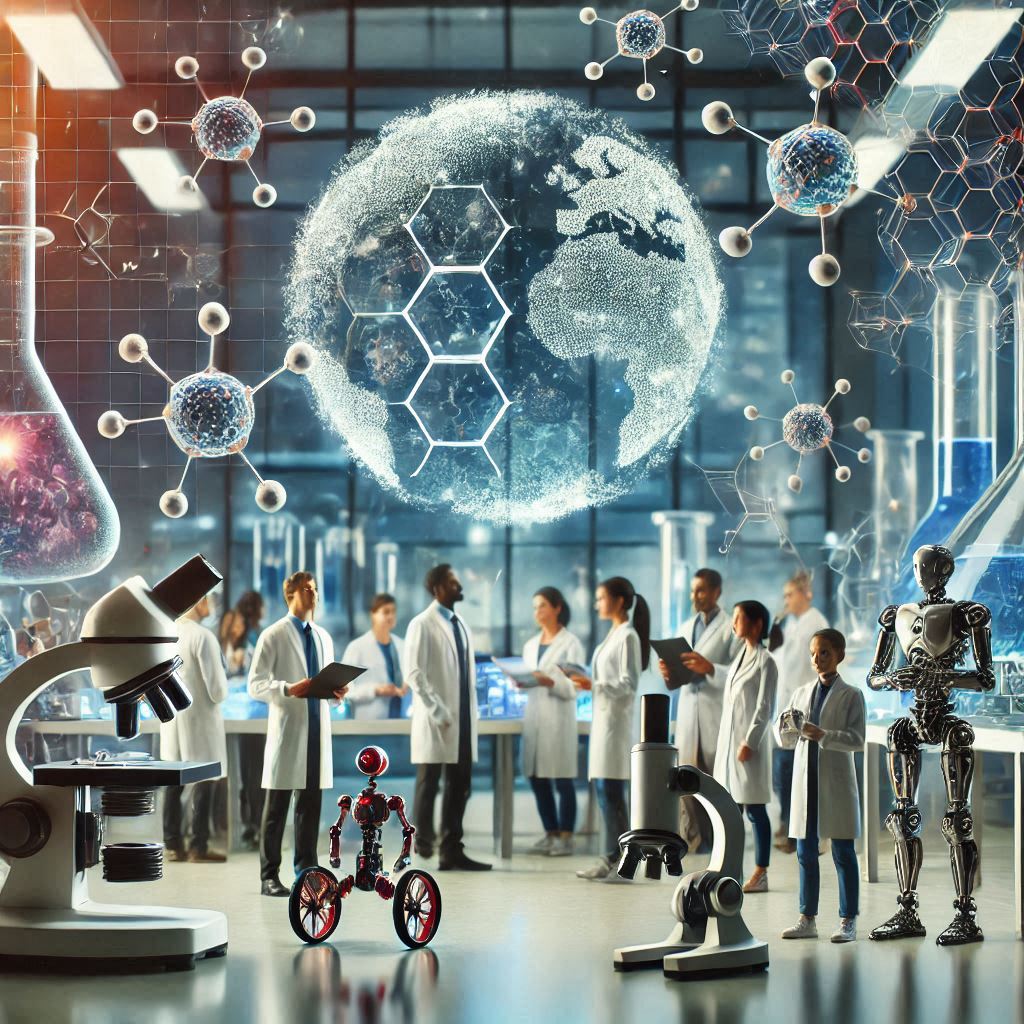
Nanomedicine: A Leap Forward in Healthcare

Nanotechnology is making significant strides in the medical field, offering innovative solutions for diagnosis, treatment, and prevention of diseases. One of the most promising applications is targeted drug delivery, where nanoparticles are used to deliver medications directly to diseased cells, minimizing side effects and improving efficacy. Additionally, nanomaterials are being developed for early detection of diseases, such as cancer, through advanced imaging techniques and biosensors. The future of nanomedicine holds the potential for regenerative medicine, where damaged tissues and organs can be repaired or replaced using nanotechnology.
Nanoelectronics: Powering the Future of Technology
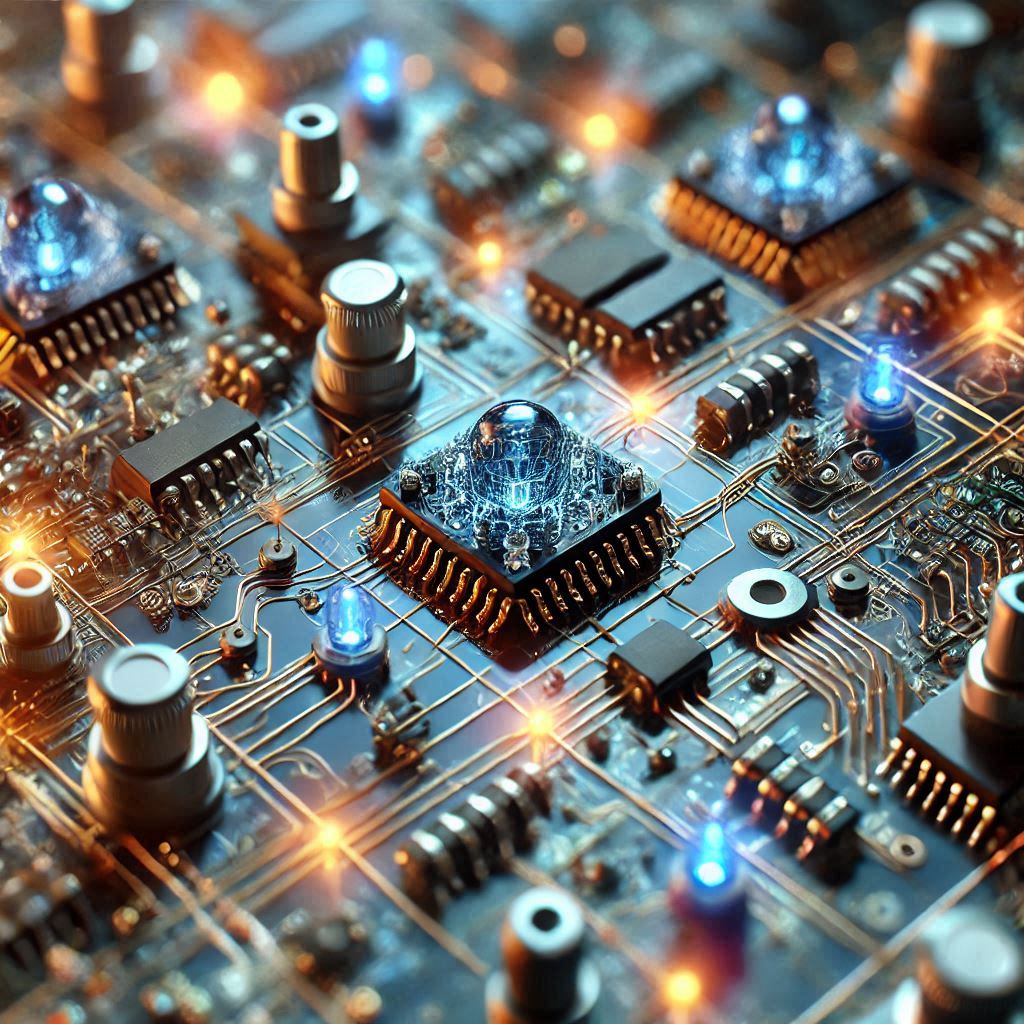
The electronics industry is being transformed by nanotechnology, leading to the development of smaller, faster, and more energy-efficient devices. Nanoscale transistors and memory chips are enabling the creation of powerful smartphones, tablets, and computers with enhanced performance and longer battery life. Innovations like quantum dots and carbon nanotubes are paving the way for next-generation displays, solar cells, and sensors. As nanoelectronics continue to evolve, we can expect even more groundbreaking advancements in consumer electronics and beyond.
Energy: Harnessing the Power of Nanomaterials

Nanotechnology is playing a crucial role in addressing global energy challenges by enhancing the efficiency and performance of renewable energy sources. For instance, nanomaterials are being used to create more efficient solar cells, capable of converting sunlight into electricity with greater efficiency. In the realm of energy storage, nanotechnology is driving the development of advanced batteries and supercapacitors with higher energy densities and faster charging times. These innovations are essential for the widespread adoption of electric vehicles and renewable energy systems.
Advanced Materials: Redefining Strength and Durability

Nanotechnology is revolutionizing the materials industry by creating stronger, lighter, and more durable materials with a wide range of applications. Carbon nanotubes and graphene, for example, are incredibly strong yet lightweight materials that can be used to enhance the performance of everything from sports equipment to aerospace components. Nanocoatings and nanocomposites are being developed to improve the durability and functionality of surfaces, making them resistant to corrosion, wear, and environmental damage. These advanced materials are set to transform various industries, from construction to manufacturing.
Consumer Products: Enhancing Everyday Life
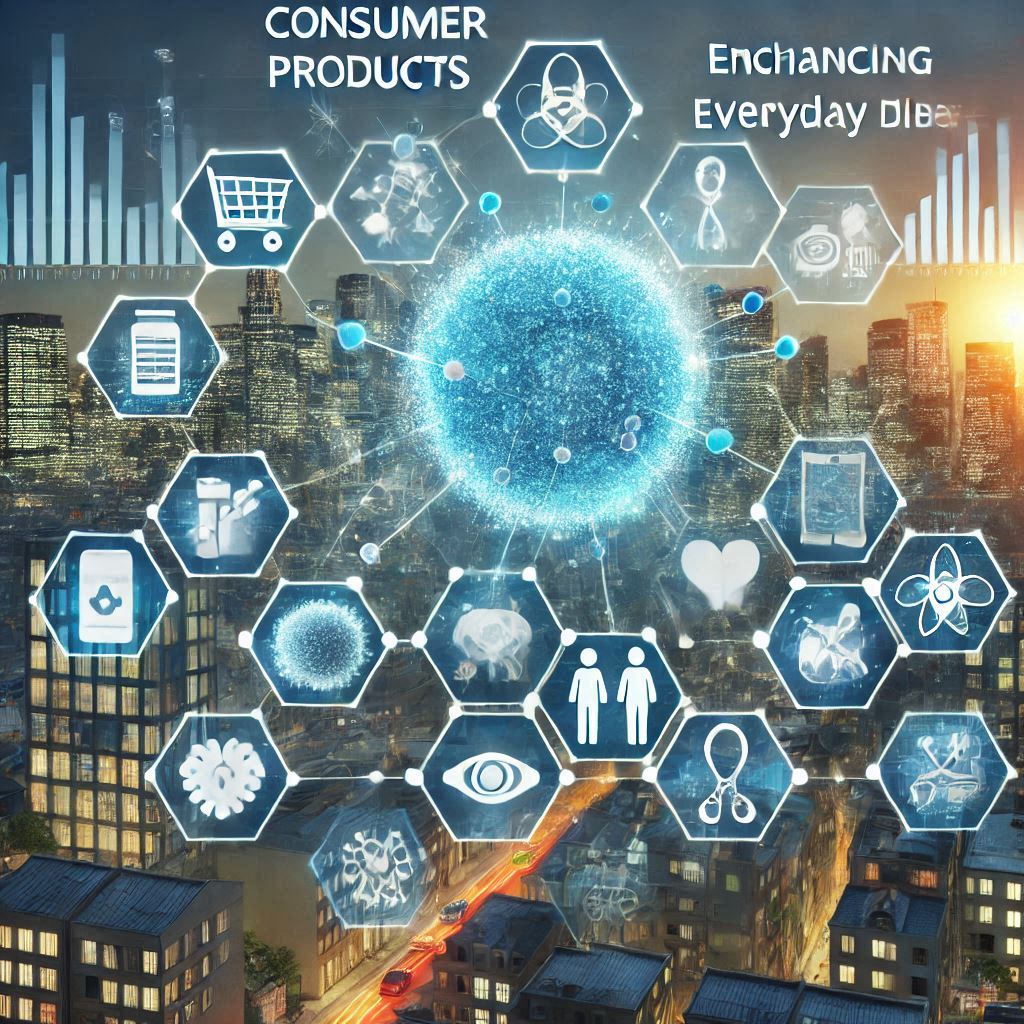
Nanotechnology is also making its way into everyday consumer products, enhancing their performance and functionality. In the world of cosmetics, nanoparticles are used to create more effective sunscreens and anti-aging products that provide better skin protection and rejuvenation. In the textile industry, nanotechnology is being used to produce stain-resistant and antimicrobial fabrics, offering improved hygiene and comfort. Even food packaging is benefiting from nanotechnology, with materials that extend shelf life and improve food safety.
Here are some notable nanotechnology companies that are making significant strides in the field:
- Log 9 Materials: A nanomaterials manufacturing and R&D startup based in Bengaluru, India.
- Nanoclean: A nanotechnology startup focused on healthcare solutions, based in Delhi, India.
- Agnikul: A space tech startup designing and manufacturing rockets for micro and nano satellites, based in Chennai, India.
- Nanovis: A technology-driven company developing cervical and lumbar interbody fusion devices, based in Columbia City, Indiana, USA.
- Saans International: Solving fundamental problems in the gems and jewelry industry with nanotechnology solutions, based in Surat, Gujarat, India.
- B-Aegis Life Sciences: Developing contrast media and nanotherapeutics for cancer diagnosis and treatment, based in Thiruvananthapuram, Kerala, India.
These companies are at the forefront of innovation in nanotechnology, contributing to advancements in various industries such as healthcare, aerospace, and materials science.
Conclusion of Nanotechnology
The potential of nanotechnology is vast and ever-expanding, with new discoveries and applications emerging regularly. As researchers continue to explore the nanoscale world, we can expect even more groundbreaking innovations that will reshape industries and improve our quality of life. The future of nanotechnology is bright, and its impact on our world is just beginning to unfold.
4.Medicine 🏥
— Aaditya Anand (@AadityaAnand_11) January 13, 2025
Nanotechnology is revolutionizing healthcare:
Targeted drug delivery minimizes side effects by focusing on affected cells.
Cancer treatment uses nanoparticles to pinpoint and destroy tumors.
Nanosensors enable early disease detection like Alzheimer’s and cancer! pic.twitter.com/oGqITkXCdK
Subscribe to our newsletter!
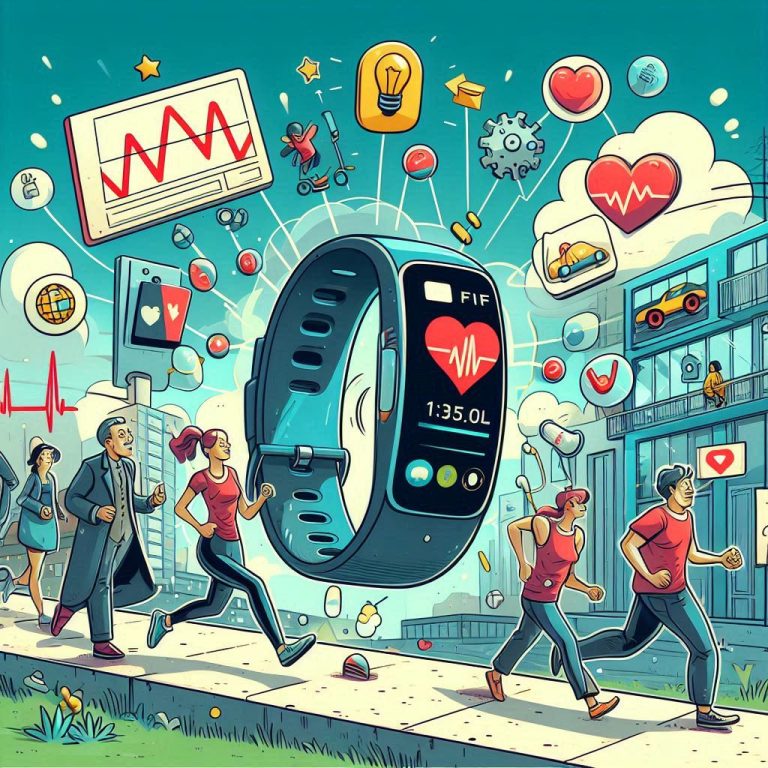
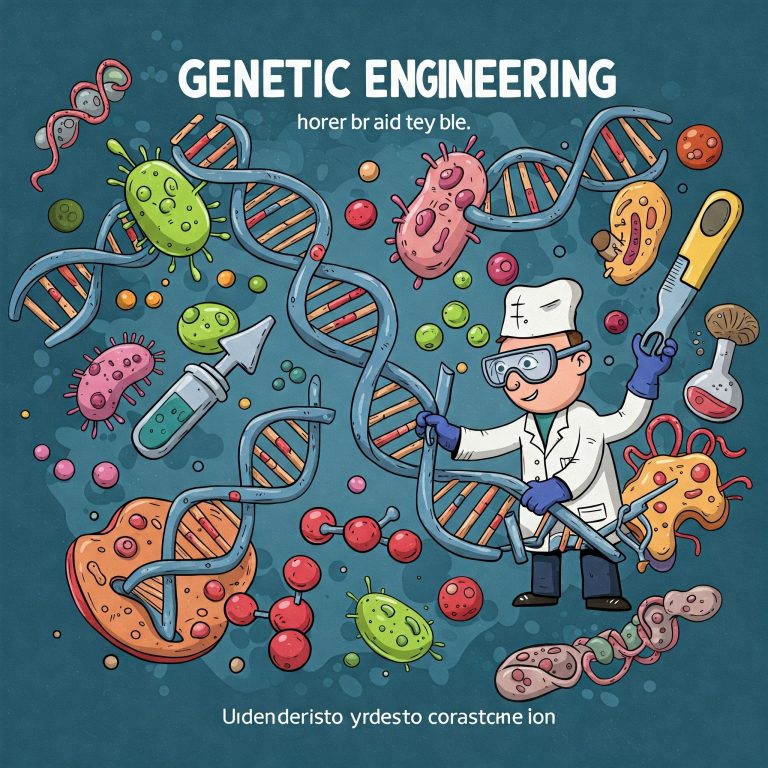





Good topic